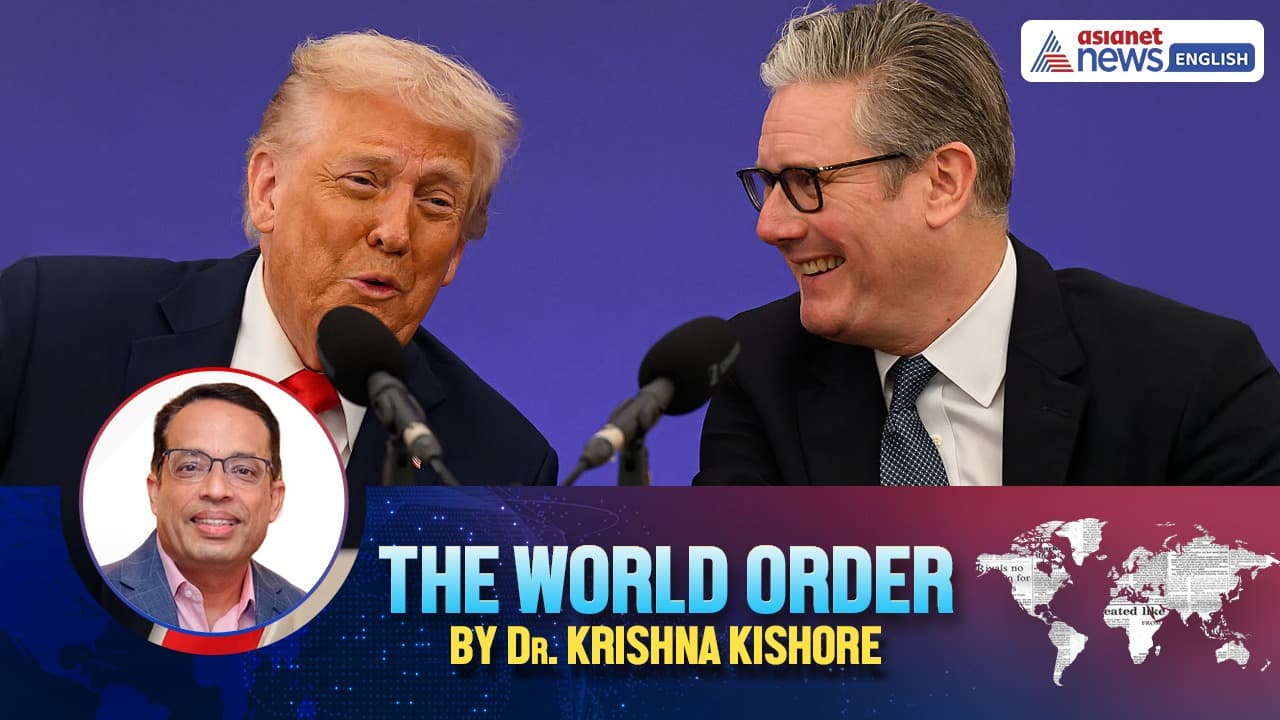By offering the kind of recognition Trump craves, the UK advanced its own interests. Britain, still navigating post-Brexit realities, ensured it would not fall out of favor with a transactional president.
When Prime Minister Keir Starmer paid a visit to the White House in February this year, just weeks into Donald Trump’s second term, the first thing he did was to reach into his suit jacket and hand the president an envelope. Inside was King Charles’s formal invitation for a state visit to Britain. The gesture, simple yet symbolic, became the first auspicious step in a delicate new phase of transatlantic ties. It set the tone for a relationship that might otherwise have been strained by an America First ideology but instead was reframed through cordial calculation.
In diplomacy, ceremony often matters as much as substance. The United Kingdom showed that instinctively by extending a state visit to Trump, a move that looked awkward given Starmer’s ideological distance from the American president but turned out to be a tactical victory. Britain proved that soft power and pageantry can still yield leverage in Washington.
For Trump, the visit was a personal triumph. He thrives on grandeur, and few spectacles rival the 484,400 sq ft expanse of the Windsor Castle (Buckingham Palace was under renovation), the royal carriage, and the guard of honor. To him, it was validation on the world stage, confirmation that he remained respected abroad. The British government understood this well: the pomp cost little but delivered outsized returns. Both Trump and King Charles, in their speeches, spoke unequivocally about the enduring friendship between the two countries. Trump, visibly impressed by the royal grandeur, saw the visit as a symbolic affirmation of that special relationship.
The visit was not without opposition. Trump was greeted by protests across England, with demonstrators in London and other cities denouncing him. Yet the carefully choreographed welcome from King Charles, Prince William, Catherine, and the prime minister overwhelmed the noise. Trump became the first U.S. president invited to two official state visits to Britain, and the protests faded into the background of regal ceremony.
By offering the kind of recognition Trump craves, the UK advanced its own interests. Britain, still navigating post-Brexit realities, ensured it would not fall out of favor with a transactional president. A smiling Trump leaving London, convinced he had been honored, was far better than one returning to Washington nursing a grudge.
That calculation paid dividends quickly. Washington softened its stance on trade, and Britain avoided the higher tariffs that had threatened its exports. The diplomatic master stroke delivered concrete results.
Critics highlight the contradictions. Starmer and Trump are worlds apart on climate, social policy, and multilateralism. Yet diplomacy is not about ideological purity; it is about advantage. In this instance, Britain secured a short-term win that bolstered its bargaining position and signaled pragmatism.
London also tapped into Trump’s personal ties to the UK. His ownership of several golf courses in Scotland and England gives him both financial and emotional stakes in the country. A lavish welcome from the monarchy and the government fed directly into those affinities, ensuring Britain stood out as a partner he trusts.
The lesson is simple: leaders may clash on policy, but respect, ceremony, and well-timed gestures can shift perceptions. The UK did not change Trump’s worldview, but it did succeed in aligning his perception with its own strategic needs. That, in itself, is a diplomatic victory.
In the theatre of global politics, Britain proved that sometimes the crown’s pageantry can achieve what policy papers cannot.
